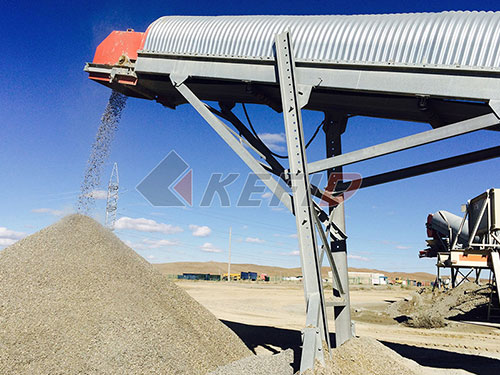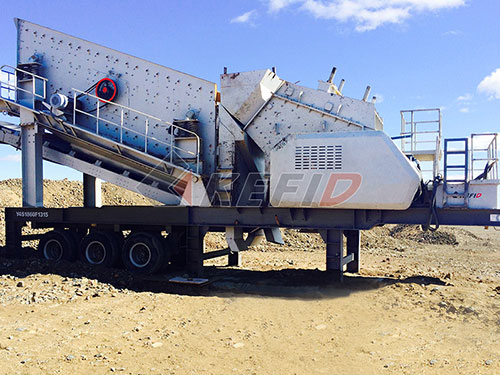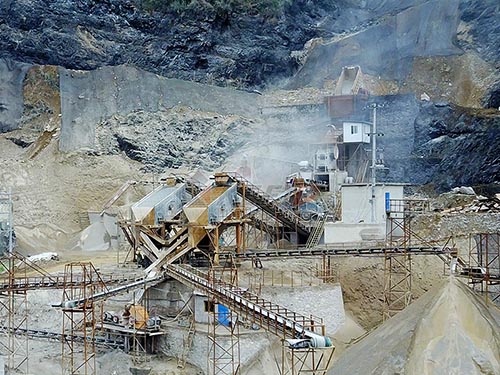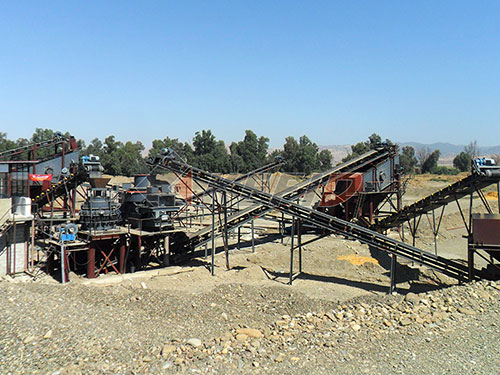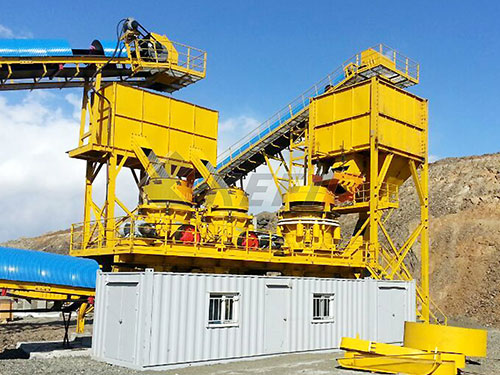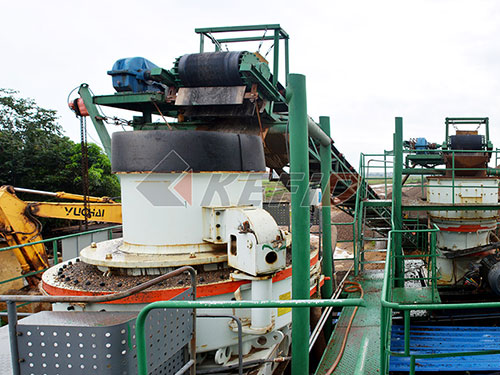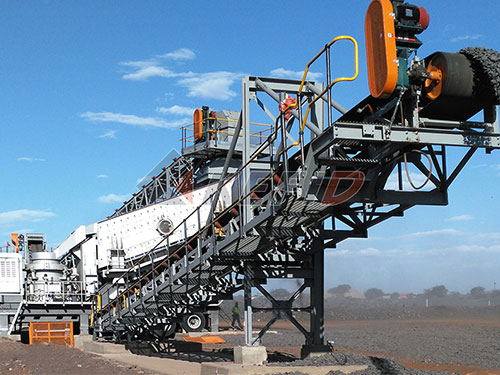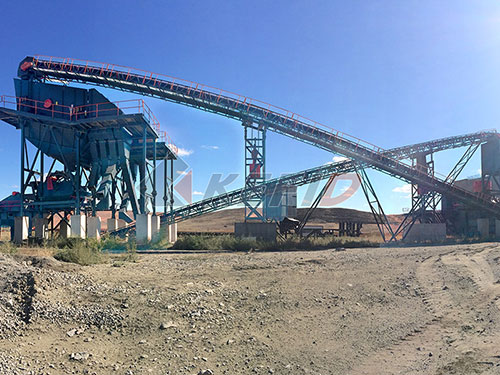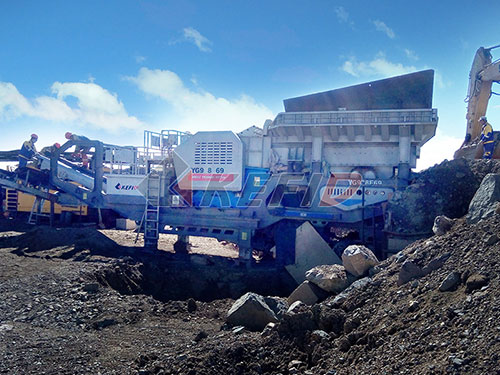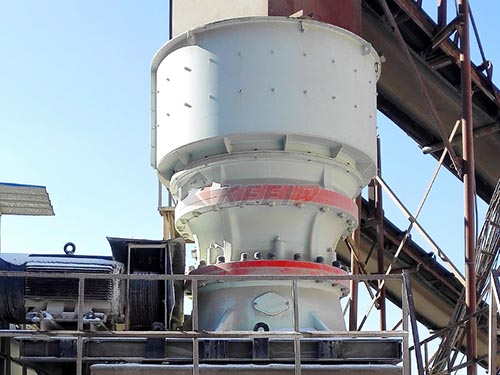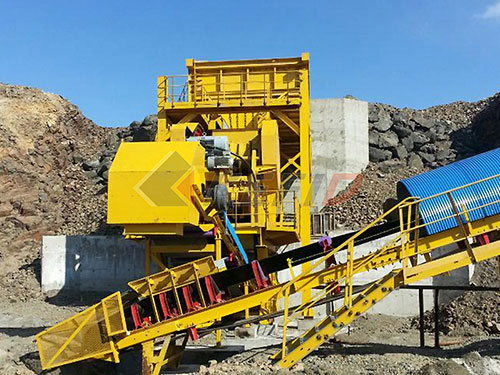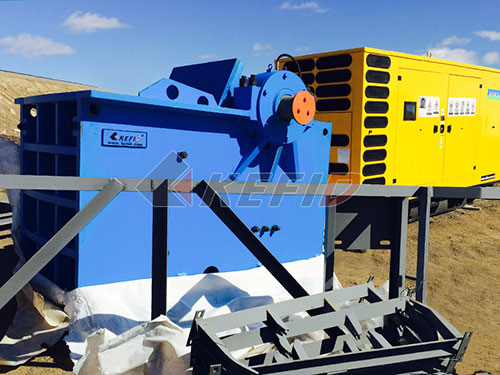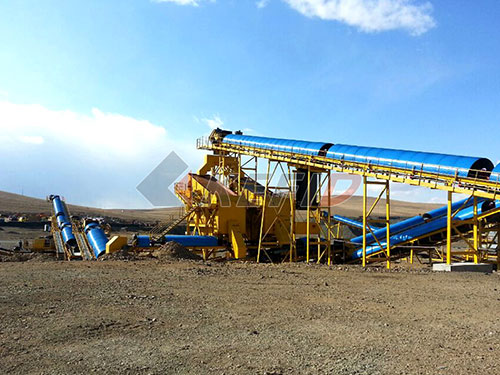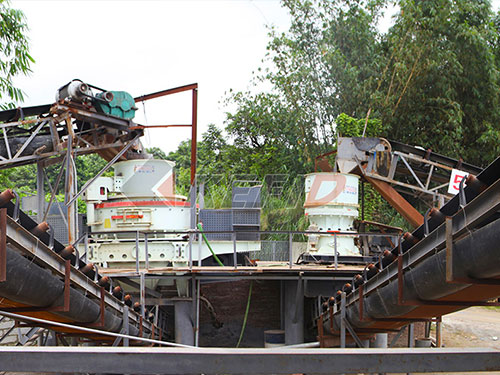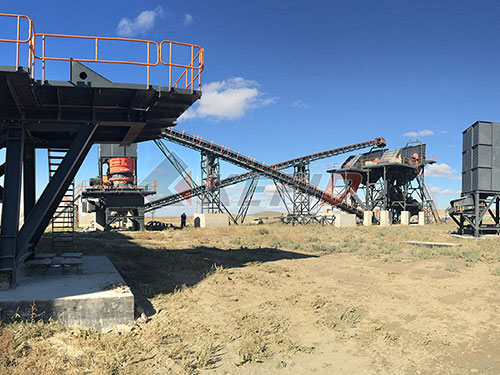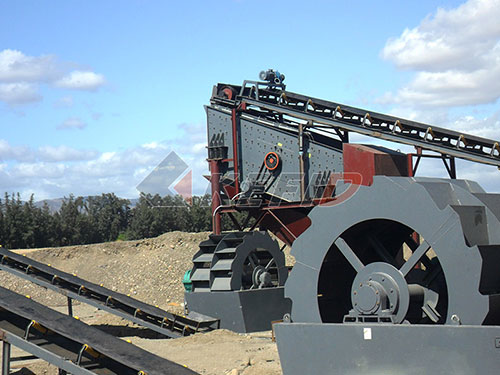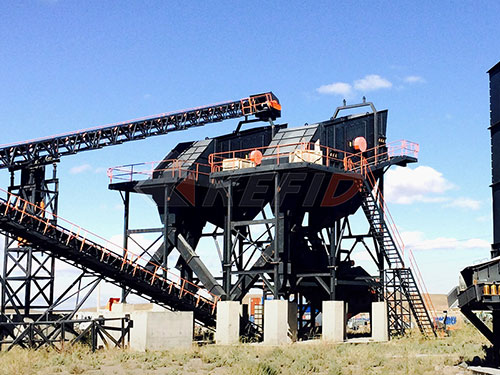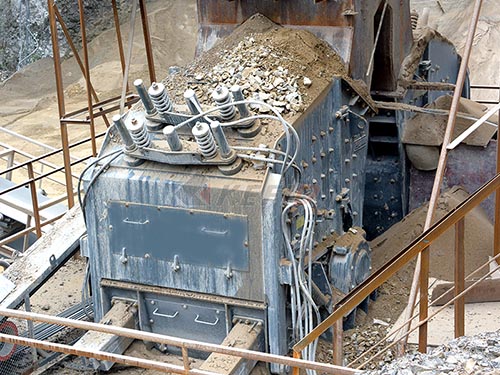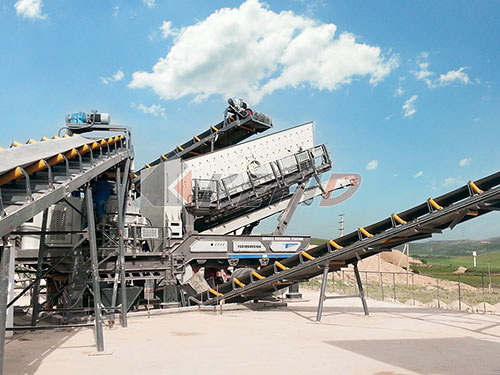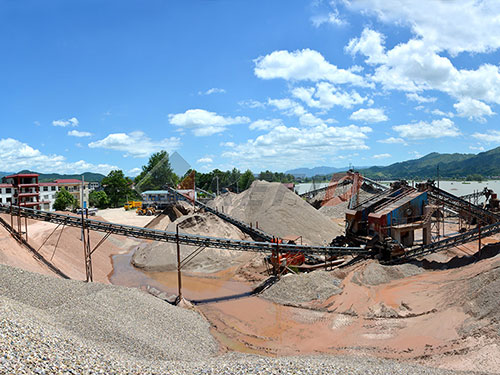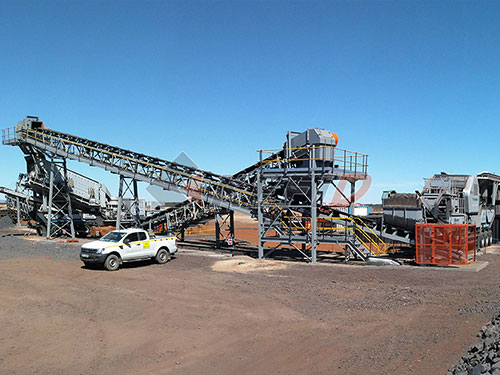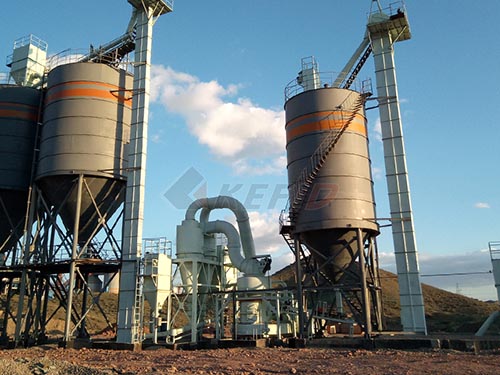Navigating the Market for Fairly Used Crushers in Ibadan: A Practical Guide
Ibadan, Nigeria’s historic and sprawling metropolis and the capital of Oyo State, is a city perpetually under construction and expansion. From road rehabilitation projects to new housing estates and commercial developments, the demand for construction aggregates – crushed stone, gravel, and sand – remains consistently high. This demand fuels a vibrant market for essential equipment like stone crushers. For many contractors and small-to-medium scale quarry operators entering this sector or expanding their capacity, purchasing a fairly used crusher presents an attractive alternative to the significant capital outlay required for brand-new machinery.
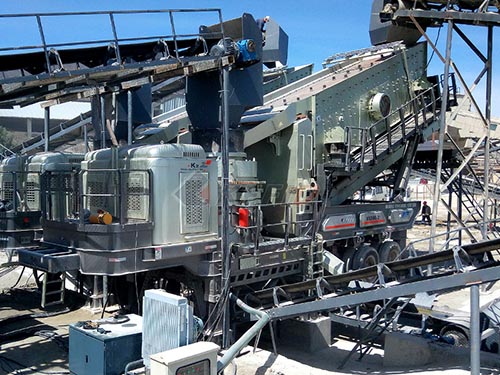
Why Consider a Fairly Used Crusher in Ibadan?
1. Cost Efficiency: This is the primary driver. New crushers represent a major investment involving substantial foreign exchange expenditure and potential import complexities. Fairly used machines offer immediate access to essential crushing technology at a fraction of the new price point.
2. Faster ROI: The lower initial investment allows businesses to start generating revenue quicker or deploy capital towards other critical areas like land acquisition, permits, or operational costs.
3. Established Performance: Unlike completely unknown new models (though rare), many used crushers have proven track records locally or internationally under similar conditions (dusty environments, variable power supply). Buyers can often find models known for reliability.
4. Market Availability: Ibadan boasts numerous heavy machinery dealers and brokers specializing in importing and selling fairly used construction equipment (“Tokunbo”). Finding several options within different price ranges is often easier than sourcing specific new models quickly.
Understanding the Landscape:
The market for fairly used crushers in Ibadan is diverse but requires careful navigation:
Dealers & Brokers: Numerous established yards exist along major routes (e.g., near Challenge area or on routes leading out towards Lagos). Some specialize solely in heavy machinery like crushers and excavators.
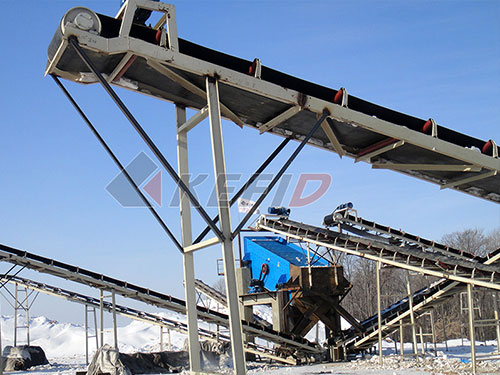
Imported Units: Most fairly used crushers arrive via Lagos ports from Europe (UK, Germany), Asia (Japan), or sometimes North America.
Common Types: Jaw crushers are prevalent due to their versatility as primary crushers for hard rock applications like granite common around Oyo State. Cone crushers (for secondary crushing) and impactors are also available but might be less common than jaw units.
Condition Spectrum: “Fairly Used” covers a wide range – from well-maintained machines recently retired from European quarries with
